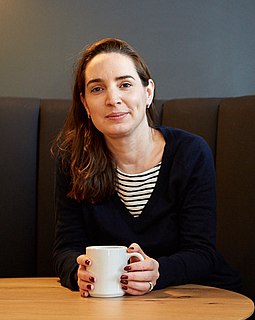A Quote by Rebecca MacKinnon
Compliance with the Stop Online Piracy Act would require huge overhead spending by Internet companies for staff and technologies dedicated to monitoring users and censoring any infringing material from being posted or transmitted.
Related Quotes
Even companies that do big business online struggle to be noticed by Google users. The Web, after all, is home to some 120 million Internet domains and tens of billions of indexed pages. But every company, big or small, can draw more Google traffic by using search-engine optimization - SEO, for short.































